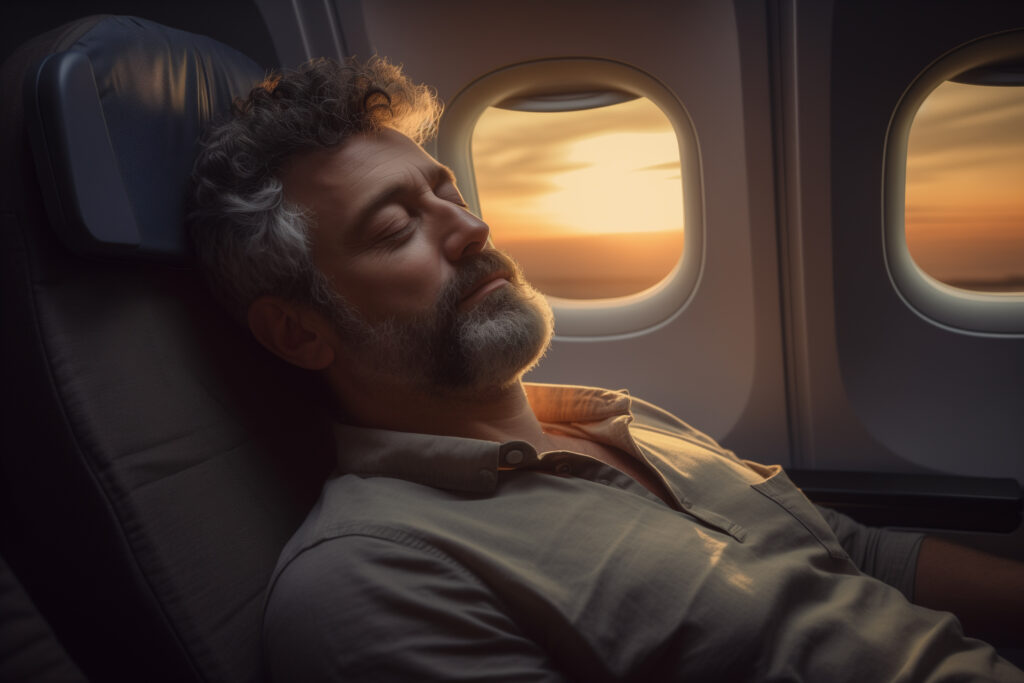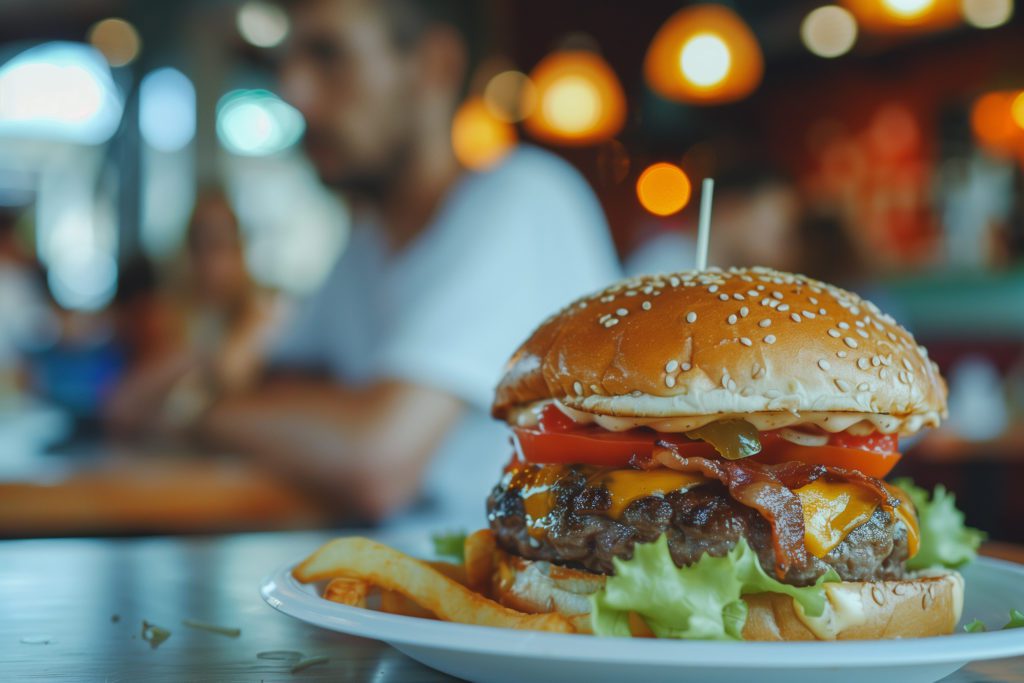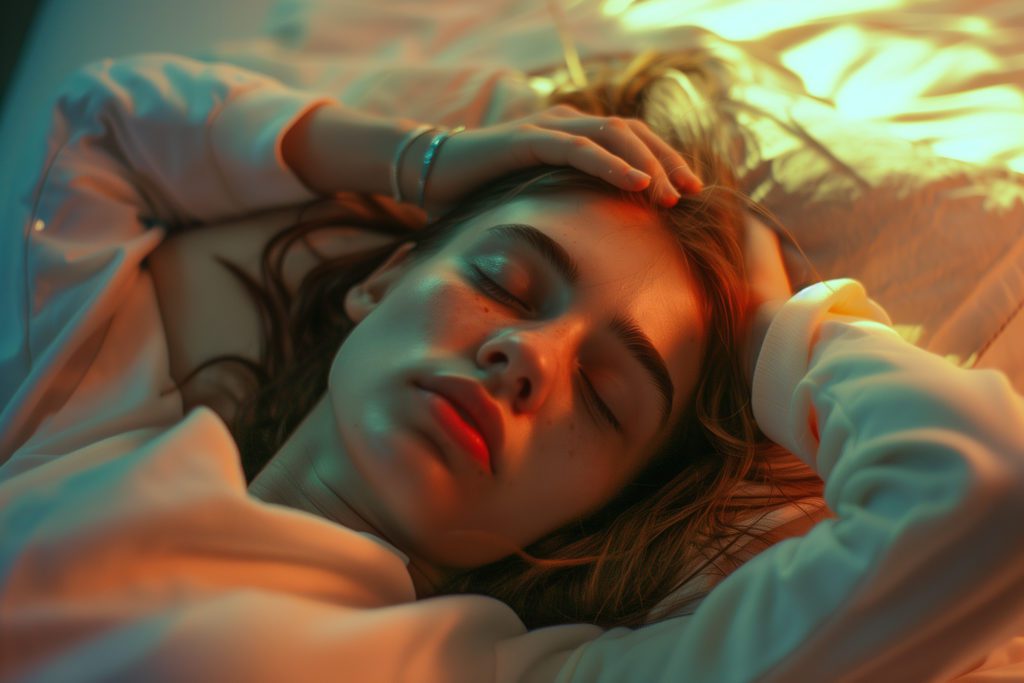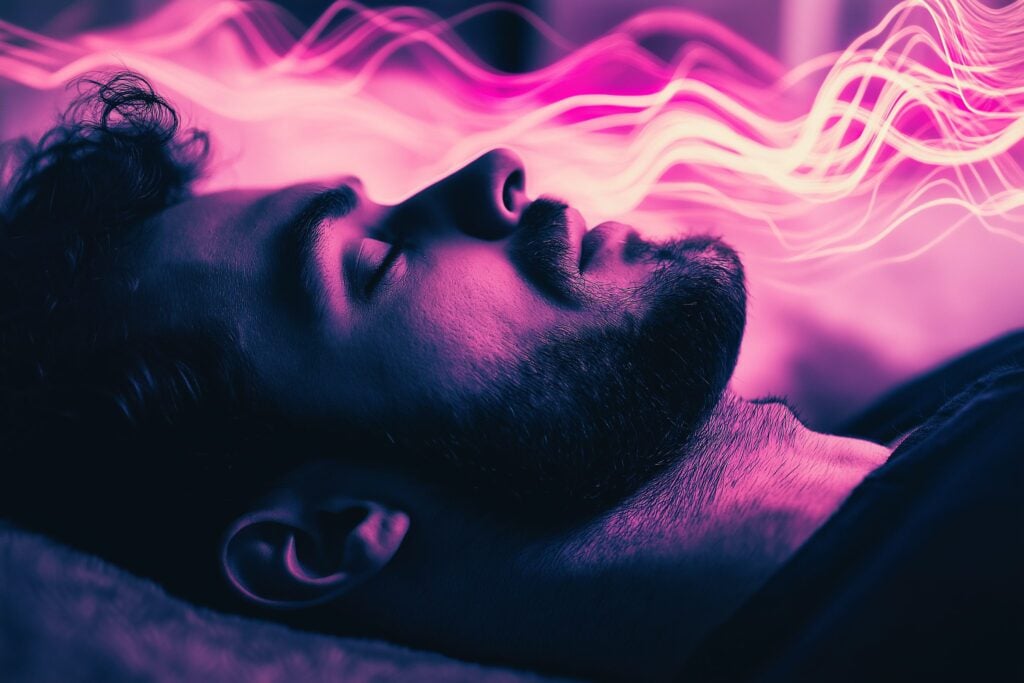
New Year’s Eve and Sleep. How It Affects Your Sleep and What You Can Do About It.
New Year's Eve and sleep don't work well together. Here are some ways to combat sleep loss associated with New Year's Eve festivities.

The holidays are not only stressful for many people, but they can also mark a time of decreased sleep. Between office parties, family gatherings and other festivities, it's no surprise so many people lose sleep during this time of year. New Year's Eve and sleep loss are deeply related for those who plan on staying up past midnight. Fortunately, there are some things you can do to prepare for this disruption so you can quickly recover after your festivities.
How Does New Year's Eve Impact Sleep?
There are many ways that New Year's Eve prevents you from getting a good night's rest. From excitement and anticipation of the countdown to celebrating with one too many drinks, there are several common factors that disrupt sleep.
Staying Up Late To Take Part in Festivities
If you usually go to bed early, staying up late on New Year's Eve is sure to affect your circadian rhythm, making it harder to fall asleep at a regular time the following evening. Your circadian rhythm acts as your body's natural internal clock that regulates your sleep and wake cycles. It's why you start to feel drowsy in the evening and wake up when the sun rises. Your circadian rhythm can become particularly affected by late-night festivities. Because most people who celebrate plan to stay up past midnight, they are more likely to feel sleep-deprived the following day. Sleep deprivation impacts your work performance and alertness levels, which can be dangerous if you commute. By throwing off your natural sleep cycle (even if it's just for one night), you may find it more challenging to get back to your regular sleep schedule the next day.
Drinking Too Much Alcohol
Many people drink alcohol when celebrating, and some drink much more than others. Alcohol affects your sleep in many ways. A study published in 2015 found that people who excessively consume alcohol suffer from poor sleep quality. Those who are heavy drinkers are more likely to experience insomnia. Alcohol may initially make you feel more relaxed (especially after the first drink). However, alcohol disrupts your natural sleep cycle and prevents you from entering the deep restorative phase of sleep. For these reasons, you may feel you didn't sleep well after a late night of drinking, even if you technically slept for eight hours. Fewer REM cycles lead to fragmented sleep and grogginess the following morning.
Drinking too much alcohol not only disrupts your sleep but may lead to a terrible hangover the following morning. Hangover symptoms can include nausea, dizziness, anxiety, headache, muscle aches and stomach pain. If your hangover is severe enough, it may even impact your sleep the following night.
The Excitement and Anticipation of a New Year
For many people, the excitement of a new year and watching the ball drop at Times Square as you count down is enough to keep most people awake well past midnight. When you're in an exciting or stressful situation, your body releases adrenaline, which is a "fight-or-flight" hormone. In addition, your body may release other related hormones, such as cortisol. Adrenaline and cortisol increase your heart rate, blood pressure and body temperature. These effects may last up to an hour or longer, depending on how excited (or nervous) you are. Unfortunately, increased adrenaline and cortisol levels can make it difficult to fall asleep, even long after the clock strikes midnight and the party is over.
Ways To Help You Manage Your Sleep During New Year's Eve
If you decide to stay up late to celebrate New Year's Eve, there are some things you can do to prevent your late-night festivities from having a long-term impact on your sleep-wake cycle. Here are some tips to help your body recover so you can quickly return to better sleep habits.
Avoid Sleeping In After New Year's Eve
While sleeping in after staying up late is tempting, it's important to maintain your normal routine. Try to get up at the time you regularly do. This way, you stand a better chance of regulating your sleep pattern and getting your circadian rhythm back on track.
Get Outside and Catch Some Sun
Natural sunlight can help you reset your circadian rhythm since it signals to your body that it's time to wake up. You can also consider lacing up your tennis shoes and taking a brisk walk around your neighborhood. Getting the blood flowing and your heart pumping will help you feel more awake and may help you sleep better in the evening.
Make Healthy Food Choices and Hydrate
The holidays are not exactly associated with healthy eating. If you've been particularly indulgent, it's time to get your diet back on track. Avoid alcohol, fatty foods and caffeine if you're trying to regulate your sleep cycle. Drinking plenty of water can also help with hydration, especially if you've been drinking more than usual.
Reasons To Consider Going to Bed Early on New Year's Eve
While many people choose to stay up late and celebrate on New Year's Eve, there are a few good reasons to consider hitting the hay early. Everyone agrees that spending New Year's Day hungover and miserable isn't a very good fresh start to the year. By going to bed early, you'll skip the temptation to overindulge and have the energy to exercise bright and early. By staying home and skipping the parties, you'll have more time to consider your resolutions for the new year and won't waste the night making small talk with strangers while watching the ball drop. You also won't have to worry about starting the year off on the wrong foot by overindulging and potentially doing or saying something you might regret.
After New Year's Eve is over, try to get back on track with your regular sleep routine. By prioritizing healthy habits, eating nutritionally balanced meals, regularly exercising and finding healthy ways to manage stress, your sleep routine should be back on track in no time.

Written by
Emily Mendez
Emily Mendez is a former therapist and mental health author. She is one of the leading voices in mental health. Emily's writing has appeared in eCounseling, SonderMind, and more. Emily is frequently interviewed by Healthline, Fatherly, INSIDER, Family Circle, and other national media for her advice and expert opinion on the latest mental health topics.
Download Pillow
Get help
Press & News
Legal
Connect
X (Twitter)
Company
Copyright © Neybox Digital Ltd.



